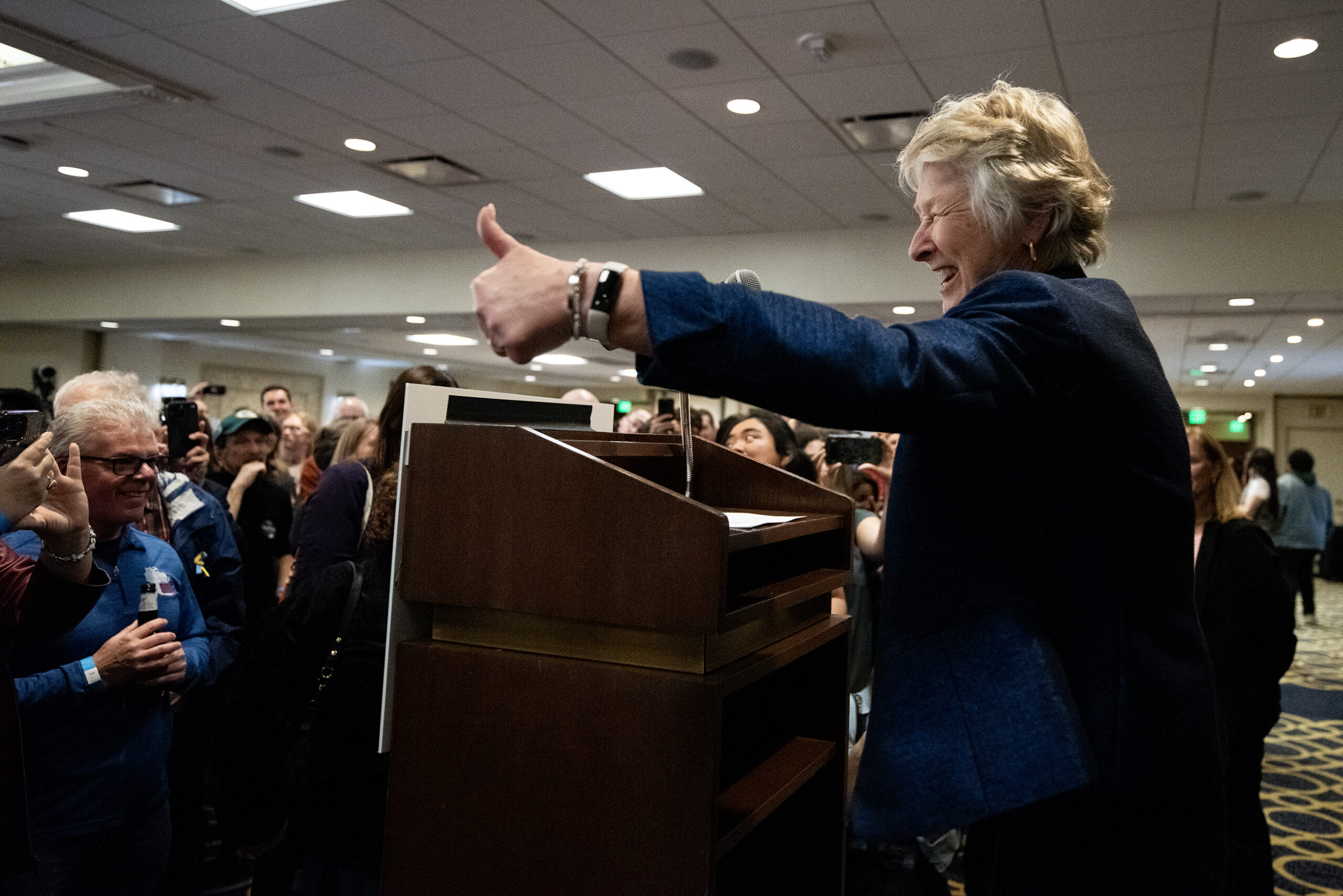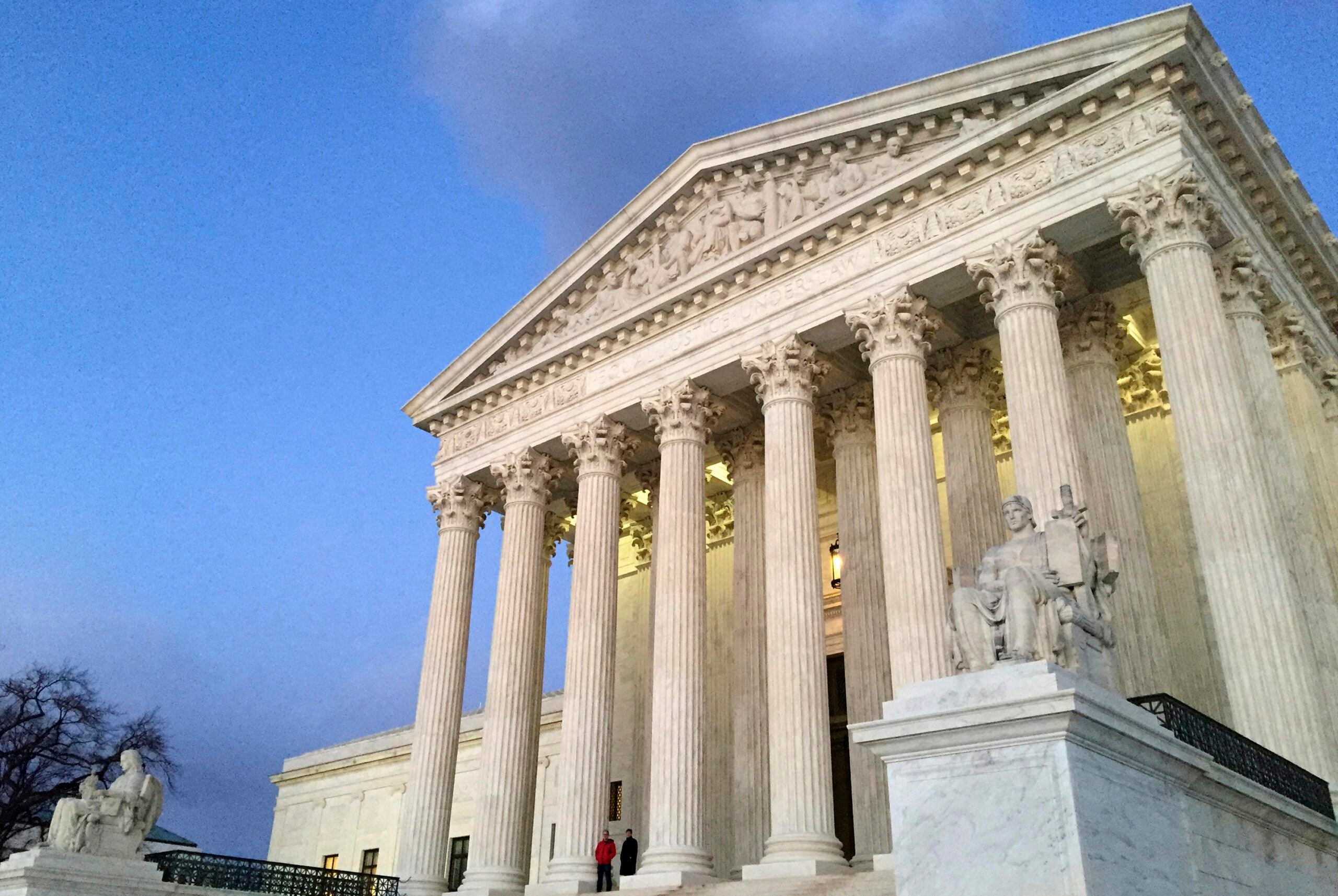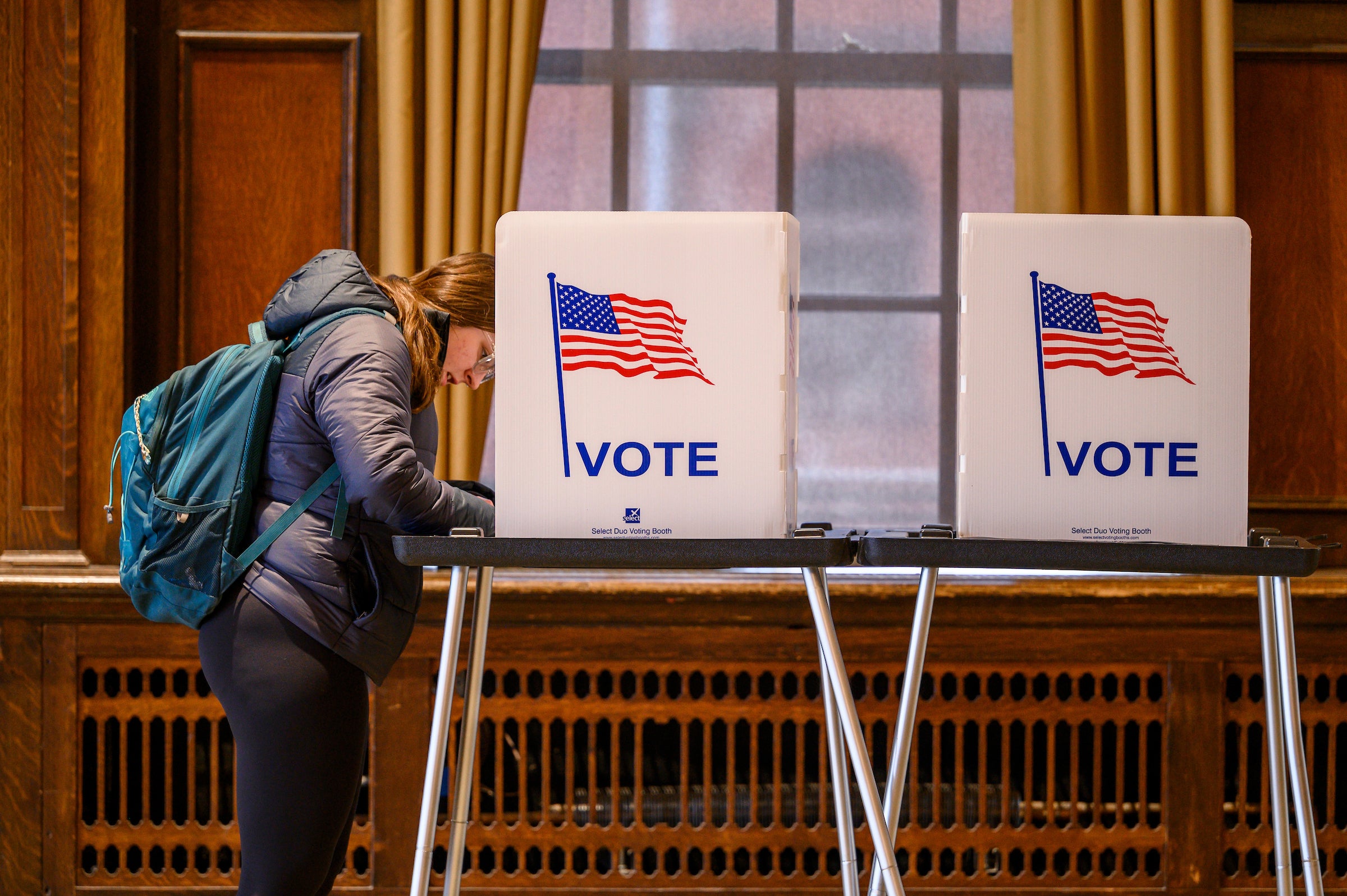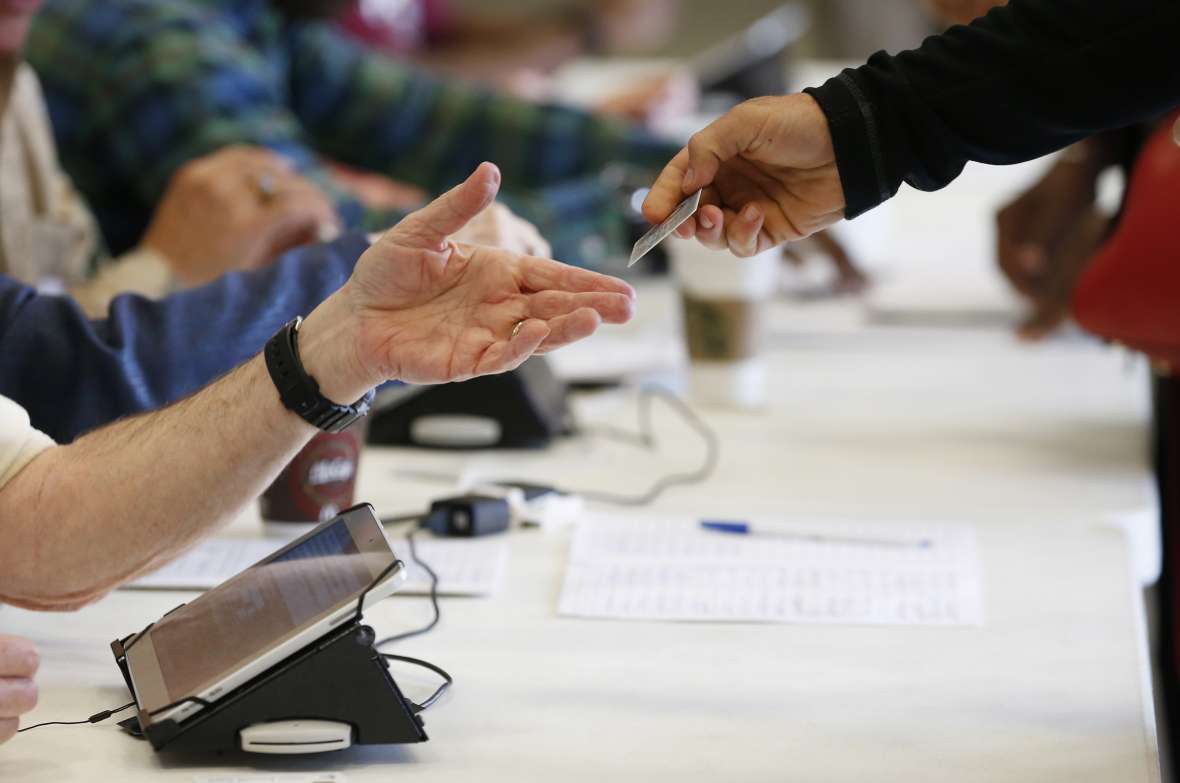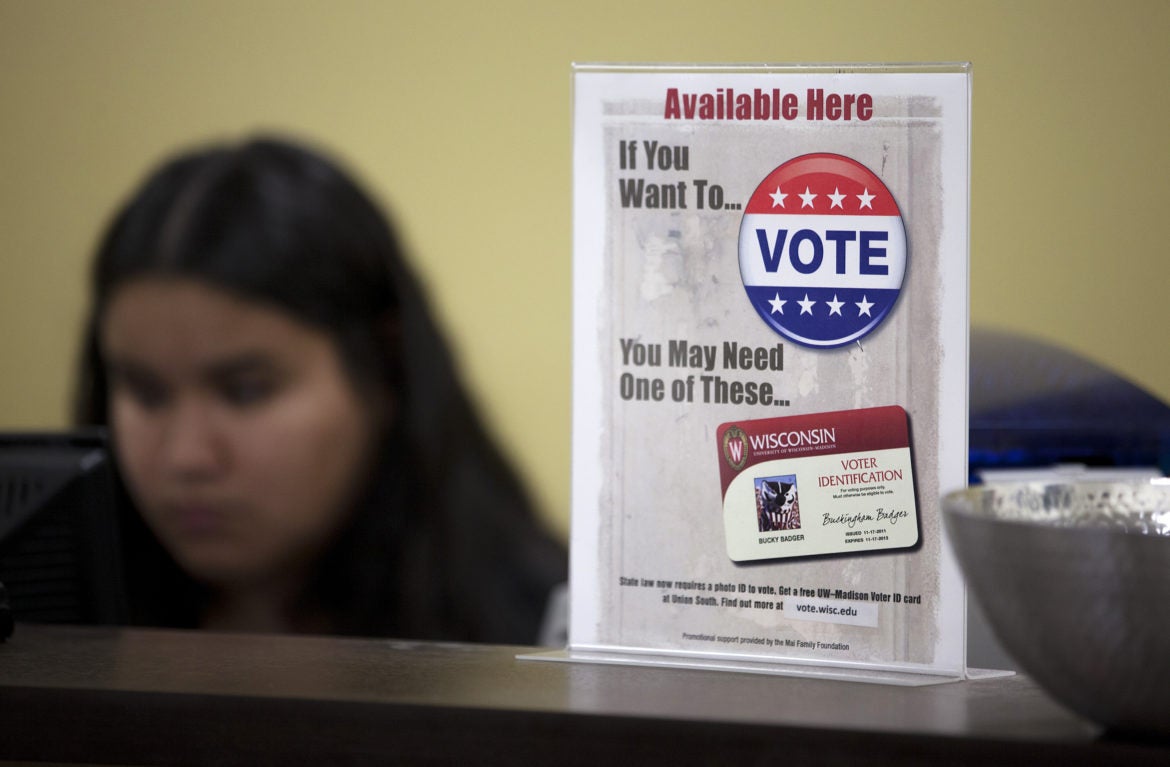A Wisconsin appeals court is asking the state’s highest court to decide whether a constitutional amendment that expanded victims’ rights was properly put before voters. Voters supported the amendment known as Marsy’s Law in a statewide referendum in April of last year.
Dane County Circuit Court Judge Frank Remington ruled last year in favor of the Wisconsin Justice Initiative and several others who brought a lawsuit challenging the statewide ballot question.
Remington found the question didn’t adequately educate voters on the impact of the constitutional amendment and how it would impact defendants’ rights. The Wisconsin Constitution requires such questions to “reasonably, intelligently, and fairly comprise or have reference to every essential of the amendment.” The judge allowed the law to remain in effect. The Wisconsin Elections Commission and other state officials later appealed the Dane County judge’s ruling.
Stay informed on the latest news
Sign up for WPR’s email newsletter.
On Tuesday, a three-judge panel from the District 3 Court of Appeals asked the Wisconsin Supreme Court to take up the case, saying it would be in the best interest of voters to have a “timely and final decision” on the ballot question.
“These (inquiries) involve significant questions of state constitutional law, the resolution of which will have a sweeping effect on our criminal justice institutions and those operating within them, including victims, defendants, prosecutors, defense attorneys, law enforcement officials, and our courts,” the panel wrote.
The judges noted the Legislature may opt to put another ballot question before voters if Marsy’s Law is ruled to be invalid. They also said there is little case law to address whether the question met the “every essential” test of the state constitution.
The Wisconsin Justice Initiative, several attorneys and former state Sen. Fred Risser, D-Madison, argued the ballot question didn’t meet that test, was misleading and should have been presented as more than one question. They’ve argued the law has negatively impacted the rights of defendants.
“Everybody is in favor of fairness, and everybody wants to see crime victims treated appropriately,” said Craig Johnson, board president of the Wisconsin Justice Initiative. “But what they didn’t tell the voters is that this would have a direct and adverse impact on the fair trial rights of people who are accused of crimes, and would directly impact the ability of a judge or a jury to fairly and accurately determine guilt or innocence.”
Attorneys with the Wisconsin Department of Justice, who are representing state officials, have argued that neither the circuit court nor parties that brought the case have “identified any concrete effect this Amendment will have on the rights of the accused.”
Myranda Tanck, a spokesperson for Marsy’s Law, said in a statement that supporters are confident the law will stand.
“We believe the will of the voters will prevail and Marsy’s Law for Wisconsin, which passed with 75 percent of the vote, will ultimately be upheld,” said Tanck. “We are grateful Marsy’s Law remains in effect during this process, continuing to ensure Wisconsin crime victims have a stronger voice in the criminal justice process.”
The Wisconsin Supreme Court has to decide whether it will hear the case.
Representatives for the Wisconsin Elections Commission and Wisconsin Department of Justice did not comment on the appeals court request Tuesday.
Wisconsin Public Radio, © Copyright 2025, Board of Regents of the University of Wisconsin System and Wisconsin Educational Communications Board.

